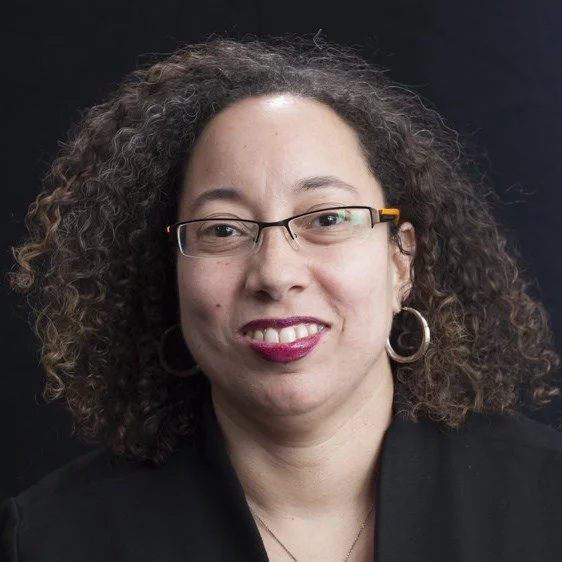Dr. Donna Murch, Associate Professor of History at Rutgers, the State University of New Jersey
Lecture Series Dates: Aug. 8, 15, 22
Virtual Meeting Time: 5:00 - 6:30pm PDT
One ticket provides access to all three lectures. Recordings of the lectures will be sent to all who purchase a ticket. The recordings will remain for two week after the lecture.
This course will explore the contemporary roots of the Movement for Black Lives (M4BL) in the long black freedom movement which spans much of the twentieth century. Central to this history is the emergence of the Black Panther Party (BPP), which was the largest of the Black Power organizations in the postwar years. With its insistence on self-determination, armed self defense, and anti-capitalist politics, the BPP provided a blueprint for Black youth activism in the years to come. In the class, we will explore the direct connection between the two organizations as well as how historical conditions shaped their visions of Black Liberation.
Lecture One: Explore the origins of the Black Panther Party in the Second Great Migration as the majority of African Americans moved from the rural South to large cities in the North and West of the United States. Central to this history is also a sustained tradition of Black nationalist thought encompassing Marcus and Amy Garvey through Malcolm X and Robert F. Williams.
Lecture Two: The second session will focus on the founding of the Black Panther Party in Oakland California and its spread throughout the United States and different parts of globe. This session will also explore how police violence and state repression shaped the BPP’s trajectory. I will use original material from my book Living for the City: Migration, Education and the Rise of the Black Panther Party in Oakland, California.
Lecture Three: Drawing on my recent book, Assata Taught Me: State Violence, Racial Capitalism and the Movement for Black Lives (2022), the final session traces the emergence of the Movement for Black Lives in response to mass incarceration and criminalization of Black people. The session will explore both the political network of #BLMM/M4BL as well as specific organizations like the Dream Defenders and BYP100. One of the core questions we will be discussing is how this movement fits into the larger history of Black Liberation struggles and what the challenges and obstacles of our current political moment.


